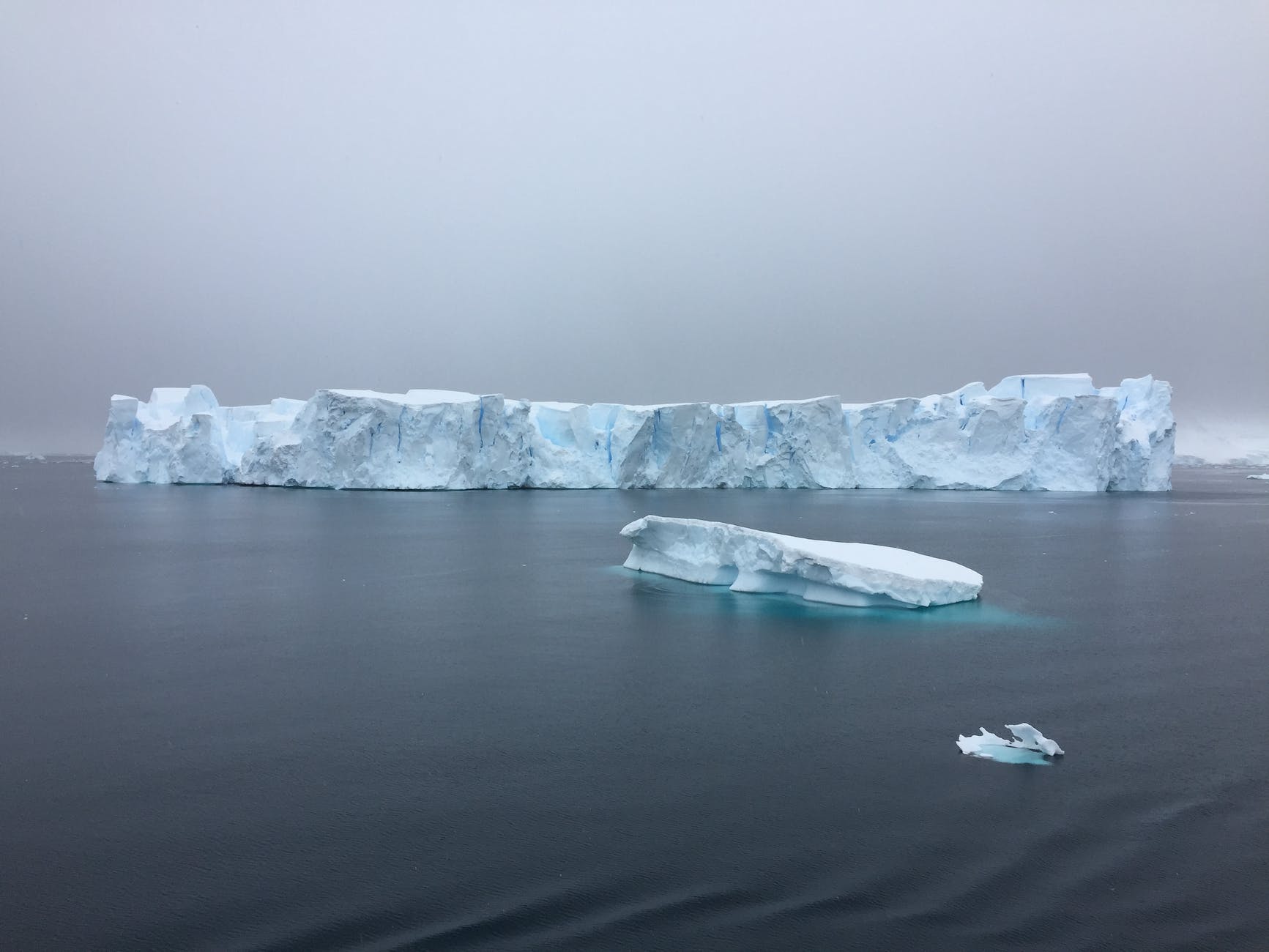A recent study conducted by an international team of scientists has shed light on the devastating impact that climate change is having on glaciers around the world. Using advanced computer simulations, the researchers modeled the future of glaciers under different warming scenarios and found that even if the Paris Agreement’s target of limiting global warming to 1.5 degrees Celsius is met, a significant portion of glaciers will still disappear by the end of the century.
Table of Contents
ToggleThe Study’s Findings
The study found that if global warming is limited to the 1.5 degrees Celsius target set by the Paris Agreement, around 35-45% of glaciers will disappear by 2100. However, if global warming exceeds this target, the loss of glaciers could be even more severe, with up to 70% of glaciers disappearing by the end of the century.
These findings highlight the urgent need for action to address climate change and reduce greenhouse gas emissions. The loss of glaciers not only has significant implications for the planet’s ecosystems and biodiversity, but also for the millions of people who rely on glaciers for their water supply.
The Impact on Water Resources
Glaciers play a crucial role in the global water cycle, with many rivers and streams fed by meltwater from glaciers. As glaciers continue to retreat, the availability of water for drinking and irrigation will decrease, leading to water scarcity and potentially devastating consequences for agriculture and food security.
In addition, the loss of glaciers can also lead to an increase in the frequency and severity of natural disasters such as floods and landslides. As glaciers retreat, the sediment they have been holding back is released, leading to increased erosion and the potential for major landslides.

The Impact on Ecosystems and Biodiversity
The loss of glaciers also has significant implications for the planet’s ecosystems and biodiversity. Glaciers provide important habitats for a variety of plant and animal species, and as they retreat, these species are forced to adapt to new conditions or face extinction.
In addition, the loss of glaciers can also lead to changes in the distribution and abundance of other species, with potential cascading effects on entire ecosystems. For example, as glaciers retreat, the temperature and moisture levels in alpine and subalpine areas may change, leading to the loss of certain plant species and the displacement of others.
The Urgent Need for Action
The study’s findings underscore the urgent need for action to address climate change and reduce greenhouse gas emissions. While the Paris Agreement’s target of limiting global warming to 1.5 degrees Celsius is a step in the right direction, it is clear that much more needs to be done to prevent the devastating loss of glaciers and the impacts this will have on the planet’s ecosystems, biodiversity, and human populations.
We must take immediate and aggressive action to reduce our greenhouse gas emissions, invest in renewable energy, and work to protect and restore our planet’s ecosystems. Only by working together can we hope to mitigate the devastating impact of climate change on glaciers and ensure a sustainable future for generations to come.








6 thoughts on “The Devastating Impact of Climate Change on Glaciers: A Scientific Study”
Pingback: What is there a need for 'Sustainability Awakening'?
Pingback: The Climate Crisis: Understanding and Mitigating the Impacts - Sustainability Awakening
Pingback: The Impact of Climate Change on Essex Towns
Pingback: Flash floods and climate change - Sustainability Awakening
Pingback: Ocean Warming and Climate Change: Threats & Actions Required
Pingback: Greenland Glacier Discovery Reveals Sea Level Projections are Too Low - Sustainability Awakening